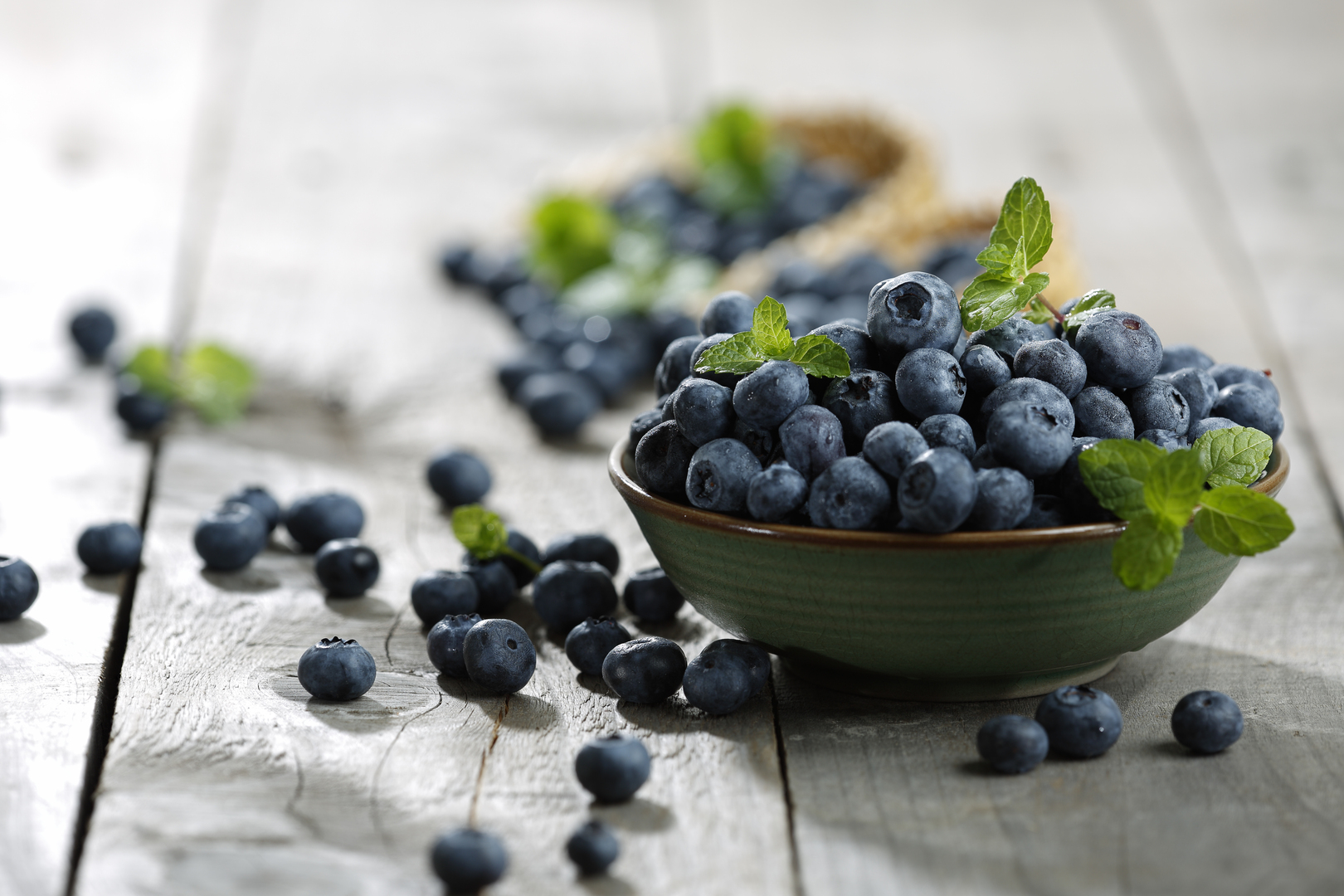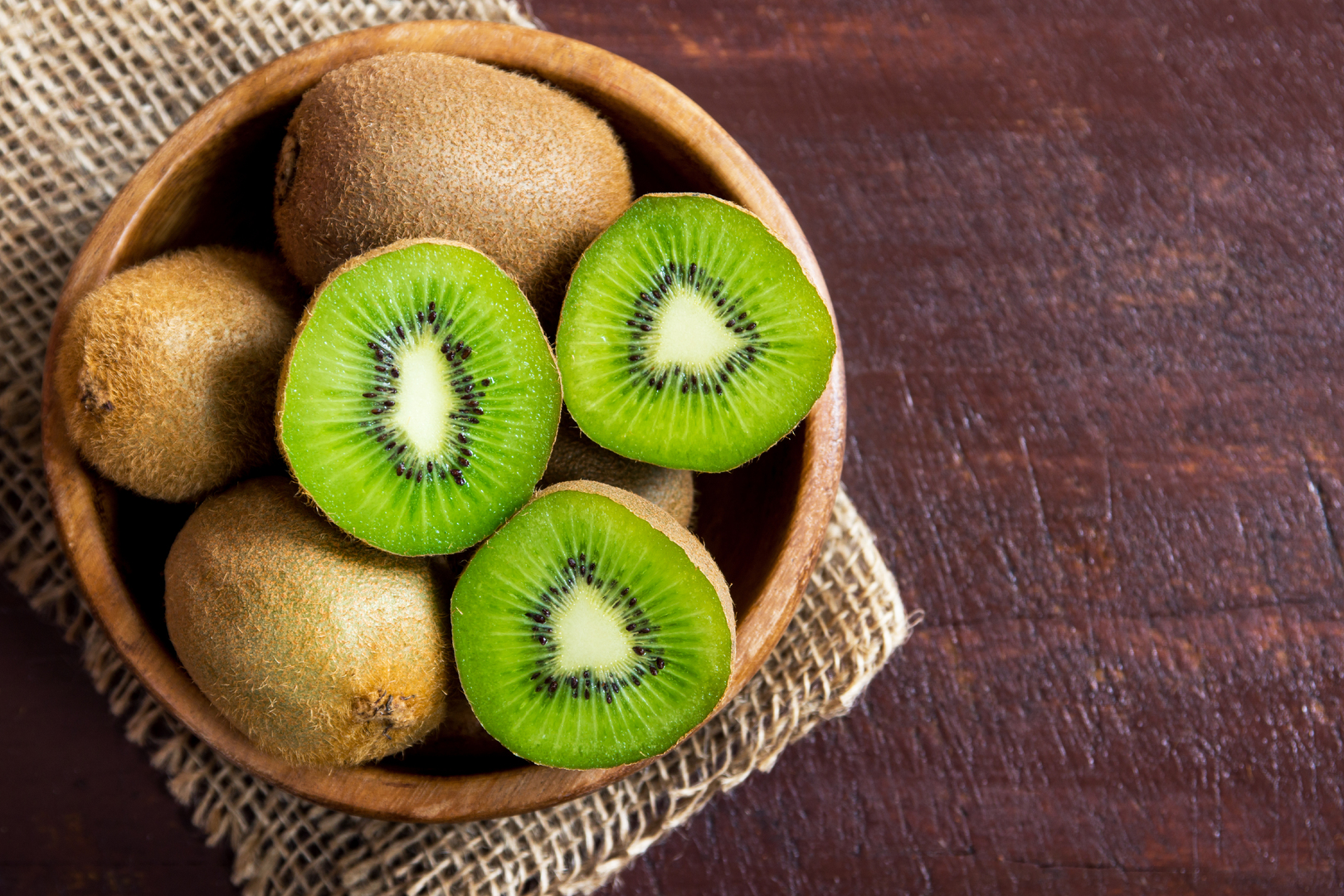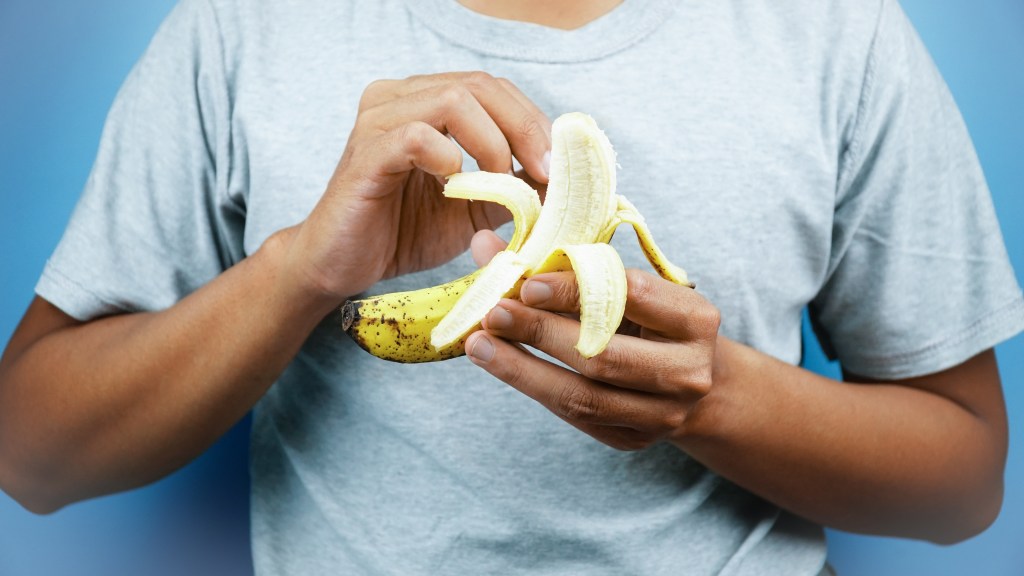Exploring Sugar Content in Fruits: What You Need to Know
Banana sales in the UK have surged, with research from Kantar Worldwide revealing a 70 million increase last year. This rise is believed to be fueled by the popularity of banana-based fruit smoothies on TikTok. However, this enthusiasm for fruit does come with a downside—fruits are often high in sugar. Fitness coach Joe Wicks recently undertook a “week without fruit” as part of a strategy to combat his sugar dependency, stating that total avoidance of all sugar forms was essential.
The question arises: how much fruit should we be consuming? Do the health benefits surpass the sugary downsides? Nutritionist Laura Southern, founder of London Food Therapy, emphasizes that completely giving up fruit is not advisable. “Fruits are an essential source of dietary fiber and nutrients like vitamins and antioxidants,” she explains. Nevertheless, the high sugar content can lead to issues such as inflammation, diabetes, and fluctuating blood sugar levels.
Southern notes that the type of fruit, portion sizes, and preparation methods significantly influence health outcomes.

Bananas: Whole Fruits Over Smoothies
18.1g of sugar per 100g (27.2g per banana). Although bananas are among the highest-sugar fruits, they are also rich in potassium, providing approximately 422mg per banana, vital for muscle and heart health. A 2021 study in Nutrients indicated that individuals consuming over 3000mg of potassium daily have a 25% lower risk of cardiovascular problems. Additionally, bananas offer magnesium, contributing to mood enhancement and improved sleep. Southern advises limiting banana intake to two or three per week if weight management is a concern and suggests avoiding smoothies, as even blending can lead to quicker sugar absorption and blood sugar spikes. Opt for less ripe bananas for lower sugar content and higher prebiotic fiber.
Apples: Favor Granny Smiths for Fiber
11.6g of sugar per 100g (15.4g per apple). Apples provide 2.4g of fiber each, particularly pectin, which supports gut health and reduces cholesterol levels. Eating the skin enhances fiber intake. Apples are rich in antioxidants; a 2021 study revealed that polyphenols present can inhibit cancer cell proliferation. For lower sugar content, Granny Smith apples (11.8g per 100g) are preferable over Pink Lady apples, which contain around 19g per apple. Stewed apples may also help soothe gut inflammation.

Pineapples: Aids Digestion
10.1g of sugar per 100g (8.3g per slice). Pineapple’s bromelain enzyme aids in digestion, making it a good post-meal choice. Research indicates that bromelain may lessen inflammation and alleviate arthritic symptoms. Southern suggests that a small pineapple serves adequately for a family of four.
Mangoes: Eat with Skin, Avoid Dried
10.4g of sugar per 100g (46g per mango). While delicious, mangoes are high in sugar, so it’s wise to limit intake to a quarter daily or freeze portions. Consuming with the skin introduces more fiber, slowing sugar absorption. University of Queensland research found that mango skin contains phytochemicals that may hinder fat cell formation. High in beta carotene, mangoes are crucial for immune support and eye health. Be cautious with dried mango due to its concentrated sugar content, which can adhere to teeth, posing a dental risk.

Blueberries: Daily Handful for Cognitive Boost
9.1g of sugar per 100g (5.6g per handful). Celebrated as a superfood, blueberries are high in anthocyanins, which combat oxidative stress and cognitive decline. A 2023 study in the American Journal of Clinical Nutrition found that daily consumption equivalent to one cup of blueberries could boost memory in older adults. Being a low GI food, blueberries release sugars more slowly into the bloodstream, thanks to their high fiber content. However, consuming large amounts can still affect waistlines.
Nectarines: Whole Fruit Over Juice
9.8g of sugar per 100g (13.7g per nectarine). Rich in antioxidants such as beta carotene and lutein, nectarines are healthier when consumed whole. Juicing strips away fiber, and commercial juices often have degraded vitamin content or are from concentrate.
Oranges: Vitamin C Powerhouse, Skip Juice
8.2g of sugar per 100g (8g per orange). Oranges are a top source of vitamin C, with one orange delivering 92% of the daily recommended intake, essential for immune health and collagen synthesis. Southern warns against substituting orange juice for the fruit, as it lacks fiber—leading to rapid sugar absorption and increased blood sugar levels. Like apples, oranges are composed of 86.8% water, making them beneficial for hydration.

Kiwis: Beneficial for Blood Pressure
6g of sugar per 100g (5.6g per kiwi). Kiwis are rich in polyphenols like caffeic and chlorogenic acids, which are anti-inflammatory. A study published in Blood Pressure found that regularly consuming three kiwis daily can significantly lower blood pressure compared to one apple. Kiwis also offer digestive benefits due to their natural enzymes and provide ample vitamin C, exceeding daily adult guidelines. Eating them with the skin boosts their fiber content.
Strawberries: Heart Health Improver
6.1g of sugar per 100g (6.5g per bowl of 20 small strawberries). Strawberries possess a low GI, are 91% water, and contain over 25 types of anthocyanins linked to enhanced heart health, reduced inflammation, and lower diabetes risk. They were the UK’s most popular fruit in 2020, highlighting their status as a healthy dietary choice. The predominant anthocyanin, pelargonidin, is associated with improved cognitive function and decreased Alzheimer’s risk. They also promote antioxidant benefits linked to lower colon cancer risk.




Post Comment